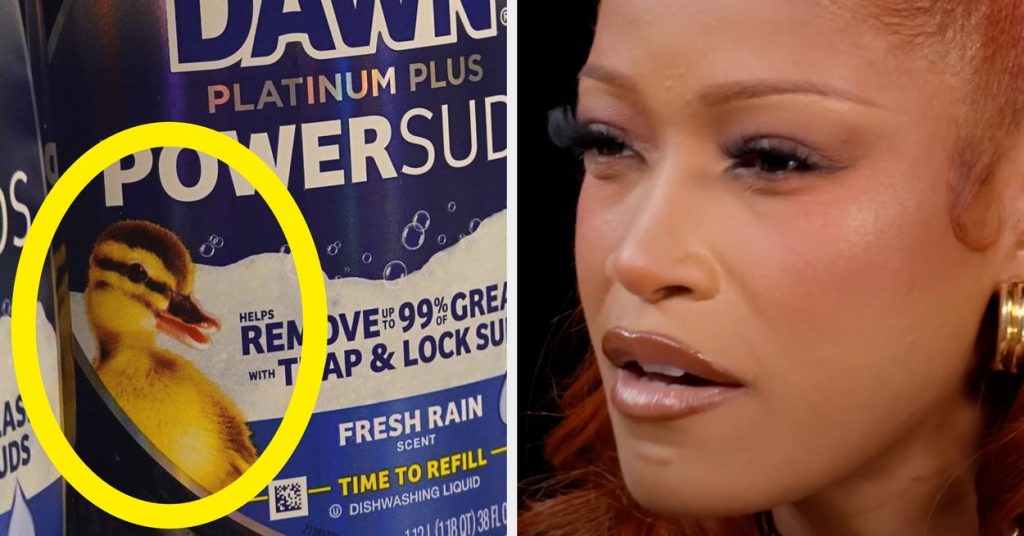Listen to the article
In an age of information overload, experts are increasingly concerned about a psychological phenomenon where individuals believe themselves immune to misinformation while assuming others are easily manipulated. This cognitive bias, sometimes referred to as the “third-person effect,” has become more pronounced in today’s polarized media landscape.
“It’s physically painful to realize you have been duped in major ways,” noted one social media commentator in a widely-shared discussion on cognitive biases. “It’s so much easier to think everyone else is falling for it except you.”
This sentiment captures what researchers from the Stanford Social Media Lab have identified as a fundamental human tendency: we often overestimate our ability to detect falsehoods while underestimating others’ critical thinking skills. The phenomenon crosses political and social boundaries, appearing across diverse demographics and belief systems.
Media literacy experts point to this bias as particularly dangerous in the current information ecosystem. With the proliferation of algorithmic content delivery systems on major platforms like Facebook, Twitter, and YouTube, individuals increasingly encounter information that reinforces existing beliefs, creating what researchers call “filter bubbles.”
“When people are consistently exposed to content that confirms their worldview, they become more confident in their perspective and more dismissive of alternatives,” explains Dr. Jessica Martinez, associate professor of Communications at Northwestern University. “This creates a perfect environment for this type of superiority bias to flourish.”
Recent studies from the Pew Research Center support this concern, finding that 64% of Americans believe they can reliably identify fake news, while only 28% believe their peers have the same ability. This 36-point gap represents what some researchers call the “immunity illusion” – the belief that one is personally less vulnerable to manipulation than others.
The consequences of this bias extend beyond individual psychology into broader social and political realms. Political polarization experts note that when people believe opposing viewpoints stem from manipulation rather than legitimate differences in values or information interpretation, meaningful dialogue becomes nearly impossible.
“It’s a lot wiser to assume you are probably severely misinformed too, or at least wrong about some things in pretty big ways,” suggested another participant in the online discussion, highlighting what psychologists identify as a healthier approach to information consumption.
This self-awareness aligns with what media literacy programs increasingly emphasize: the importance of epistemic humility – acknowledging the limitations of one’s knowledge and understanding. Organizations like the News Literacy Project have developed curricula specifically targeting this bias, encouraging students to apply the same critical thinking skills to information that confirms their beliefs as they do to information that challenges them.
The business implications of this phenomenon are substantial as well. Marketing firms increasingly exploit this bias by positioning their products as choices for discerning, “in-the-know” consumers, while media companies benefit from content that reinforces audiences’ sense of superior discernment.
Tech companies face growing pressure to address how their platforms may exacerbate this problem. In recent congressional hearings, executives from major social media companies were questioned about algorithmic systems that potentially reinforce users’ belief in their own immunity to manipulation while amplifying content that portrays others as gullible or misinformed.
International research shows this is not merely an American problem. Studies from the Reuters Institute for the Study of Journalism find similar patterns across democratic societies, suggesting this may be a fundamental challenge to informed civic participation in the digital age.
Cognitive scientists recommend several strategies to combat this bias, including deliberately seeking out high-quality information that challenges one’s views, practicing intellectual humility, and developing the habit of questioning information that feels immediately satisfying or confirming.
As one media literacy advocate put it: “The first step toward genuine critical thinking isn’t assuming everyone else is fooled – it’s recognizing how easily we ourselves can be.”
Fact Checker
Verify the accuracy of this article using The Disinformation Commission analysis and real-time sources.




11 Comments
This is a sobering look at the psychology behind the ‘third-person effect’ and how it can leave us vulnerable to manipulation. Developing robust media literacy skills is essential in the digital age.
Interesting insights into how subtle propaganda tactics can exploit our tendency to overestimate our own immunity to misinformation. This is a challenging problem without any easy solutions.
The ‘third-person effect’ is a fascinating blind spot in human psychology. It’s a good reminder that we’re all susceptible to bias and misinformation, no matter how confident we may feel in our own critical thinking abilities.
Exactly. Maintaining humility and staying open to the possibility that we could be wrong is key to avoiding the pitfalls of this cognitive bias.
This article highlights an important psychological phenomenon that can have serious real-world consequences. Developing media literacy skills and maintaining a healthy skepticism towards the information we encounter online is crucial.
The proliferation of algorithmic content curation is a major concern when it comes to the spread of propaganda and misinformation. We need greater transparency and user control over these systems to combat the ‘third-person effect’.
Absolutely. Empowering individuals to make more informed choices about the information they consume is key. Relying too heavily on opaque algorithms can undermine our ability to think critically.
Fascinating insight into the ‘third-person effect’ and how it can blind us to our own susceptibility to propaganda. It’s a sobering reminder to stay vigilant and question our assumptions, even about our own ability to spot misinformation.
You’re right, this cognitive bias is a real challenge in the digital age. Maintaining media literacy and critical thinking is crucial to avoid being manipulated, no matter how confident we may feel.
The article raises important questions about the role of algorithmic content curation in the spread of propaganda. Greater transparency and user control over these systems could help address the ‘third-person effect’.
Agreed. Empowering individuals to make more informed choices about the information they consume is crucial in the current media landscape.